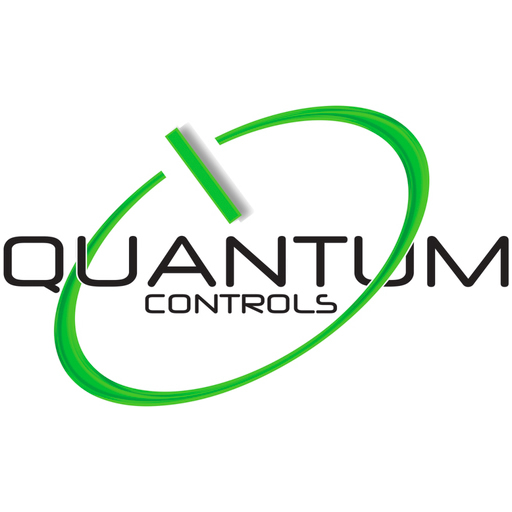Shore to Ship Power Supply Quantum Controls Objective
Quantum’s goal is to support both UK and European Ports in achieving zero fuel lifecycle greenhouse gas (GHG) emissions by 2050, with at least a 30% reduction by 2030 and an 80% reduction by 2040, relative to 2008 levels in line with their Environmental objectives.
Shore power is crucial for the energy transition. Docked vessels often run their generators for onboard electricity, generating noise and emissions like particulate matter, nitrogen, and CO2. Shore power reduces this pollution by providing clean electricity from the grid at the correct voltage and frequency for each vessel.
Quantum Controls can transform the way we power vessels whilst docked by providing a cleaner, safer, and more efficient solution. Our solution helps build cleaner ports and ships with innovative onshore power supplies.
Shore power technologies, also known as cold ironing, Onshore Power Supply (OPS), or Alternative Maritime Power (AMP), eliminate emissions at berth. They connect ships to onshore electricity, allowing diesel generators to be turned off.
The reduction in vessel emissions is no longer a nice-to-have and is increasingly becoming a legal requirement for the industry, following the latest standards and regulations.
In Europe, the Directive 2014/94/EU on the Deployment of Alternative Fuel Infrastructure requires ports to progressively equip their berths to be shore power ready by 2025.
The international standard on shore power (IEC/IEEE 80005 standards.) has been in place to ensure worldwide compatibility and safe connection between ports and vessels.
Shore power must meet International Standards IEC 80005-3 (low-voltage) and IEC 80005-1 (High voltage).
The European Union needs to triple or quadruple its installed shore power by 2030 to meet the current ambitions of the FuelEU Maritime regulation and the Alternative Fuels Infrastructure Regulation (AFIR)
The FuelEU Maritime regulation requires that from January 1, 2030, container and passenger ships, including cruise ships, greater than or equal to 5,000 gross tonnage (GT) must connect to shore power in main EU ports in the trans-European transport network.
The alternative fuels infrastructure regulation (AFIR) is part of the Fit for 55 package. Presented by the European Commission on 14 July 2021, the package aims to enable the EU to reduce its net greenhouse gas emissions by at least 55% by 2030 compared to 1990 levels and to achieve climate neutrality in 2050.
The AFIR aims to regulate shore power supply and incentivise infrastructure development in TEN-T ports. Trans-European Transport Network
15,700 ships spent more than 2 hours at-berth in the 489 major EU ports in 2019, demanding nearly 5.9 terawatt-hours of energy; nearly 70% of this energy demand came from the TEN-T network ports. The most energy-consuming ship types were tankers, passenger, and cruise ships (67% of the total at-berth energy demand), which were also key contributors to at-berth CO2 emissions
The following map shows the power requirements vs the installed shore power throughout Europe and highlights the challenge ahead in new power infrastructure and Shore to Ship solutions.
The current level of ambitions of the FuelEU Maritime and AFIR will only lead to a 24% reduction in estimated annual 4.37 Mt at-berth CO2 emissions, according to the study
- To achieve a 100% reduction in CO2 emissions, the revision of both the FuelEU Maritime regulation and AFIR should require all ships greater than or equal to 400 GT to connect to shore power in EU ports.
- Boilers should also be retrofitted, electrified, or connected to shore power facilities, just like auxiliary engines, since they are responsible for 44% of all at-berth CO2 emissions.
- Technical and logistical challenges will need to be addressed in the regulations, such as an unclear delegation of responsibilities between the ship operators and port authorities, voltage and frequency incompatibility, berth space availability, charging time spans, and power quality.
Quantum Controls can help you achieve your shore-to-ship power solutions.
Contact Quantum Controls today to discuss your shore to ship power needs. Our experts are ready to provide customized, compliant solutions to meet your maritime power requirements. 01661 835 566
